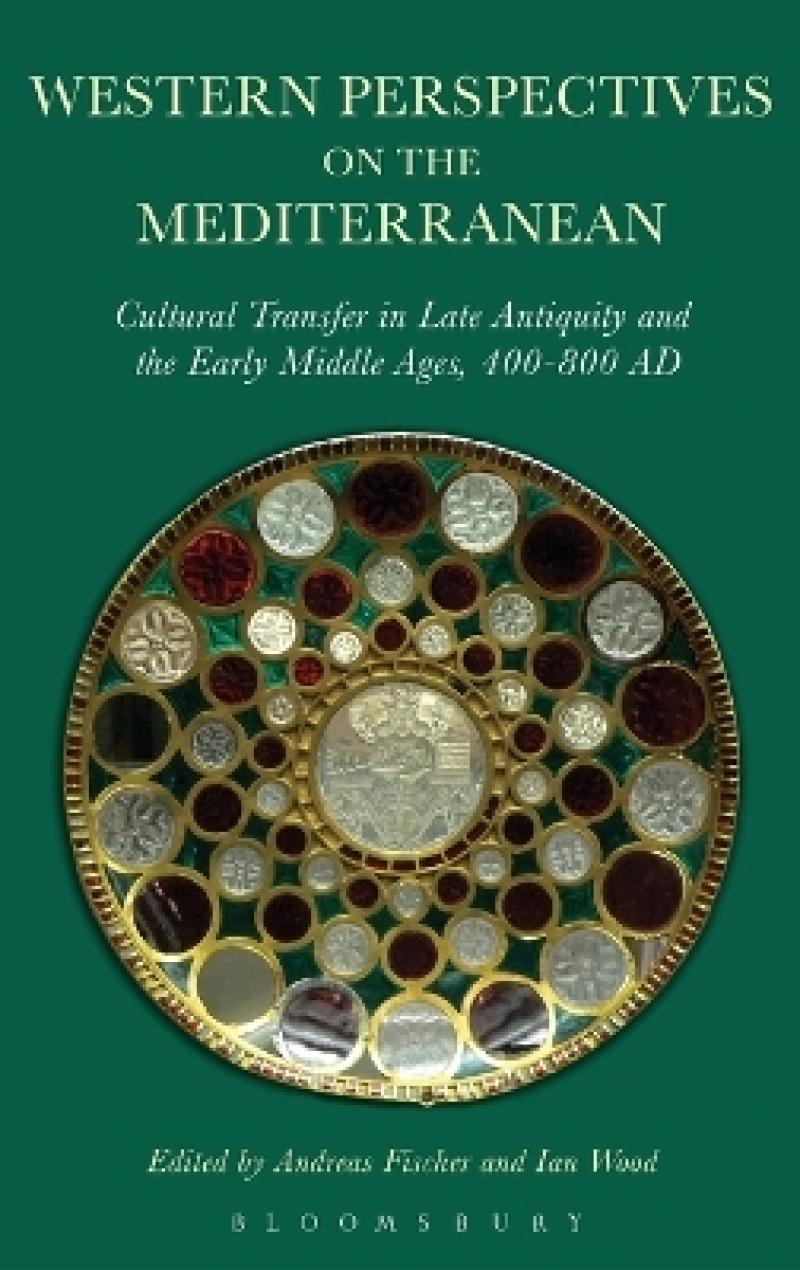Collectively, these six essays reveal vividly that the communication routes of the early medieval Mediterranean carried not only commodities, objects of devotion, and travelers themselves, but intangible cultural products as well.
- Gregory Halfond, Framingham State University, USA, Bryn Mawr Classical Review
Readers who want to reconsider the Pirenne thesis will find much stimulating in ... the present volume. There are certainly many potentially interesting avenues for further investigation highlighted here.
Early Medieval Europe
It's hoped this carefully edited and stimulating volume will get international distribution. (Bloomsbury translation)
Historische Zeitschrift
The overall quality of the volume is high, it is thematically coherent and the papers make original contributions to their specific topics.
JRS
By shifting attention from the western post-Roman kingdoms to the broader regions of the Mediterranean, the six engaging papers collected in this volume stoutly challenge received perceptions regarding the interaction and exchange of ideas between the East-Mediterranean world of Byzantium and the Barbarian West. This volume is both a welcome contribution to the burgeoning literature on the transformation of the Roman world, and a fresh thought-provoking re-evaluation of the Pirenne thesis.
- Yitzhak Hen, Ana and Sam Lopin Professor of History, Ben-Gurion University of the Negev, Israel,
Introduction
The Burgundians and Byzantium
Ian Wood (School of History, University of Leeds, Uk)
'Avenger of All Perjury' in Constantinople, Ravenna and Metz: St Polyeuctus, Sigibert I and the Division Of
Charibert's Kingdom in 568
Stefan Esders (Friedrich-meinecke-institut, Freie Universität Berlin, Germany)
The Historian as Cultural Broker in the Late and Post-roman West
Helmut Reimitz (Department of History, Princeton University, USA)
Rewriting History: Fredegar's Perspectives on the Mediterranean
Andreas Fischer (Friedrich-meinecke-institut, Freie Universität Berlin, Germany)
Greek Popes: Yes or No, and Did It Matter?
Thomas Noble (Department of History, University of Notre Dame, USA)
Mediterranean Lessons for Northumbrian Monks in Bede's Chronica
Maiora Sören Kaschke (Seminar Für Mittelalterliche Geschichte, Eberhard Karls Universität Tübingen, Germany)
Index
Produktdetaljer
Biografisk notat
Andreas Fischer is Wissenschaftlicher Mitarbeiter at the Friedrich-Meinecke-Institut, Freie Universität Berlin, Germany.
Ian Wood is Professor of Early Medieval History at the University of Leeds, UK.
